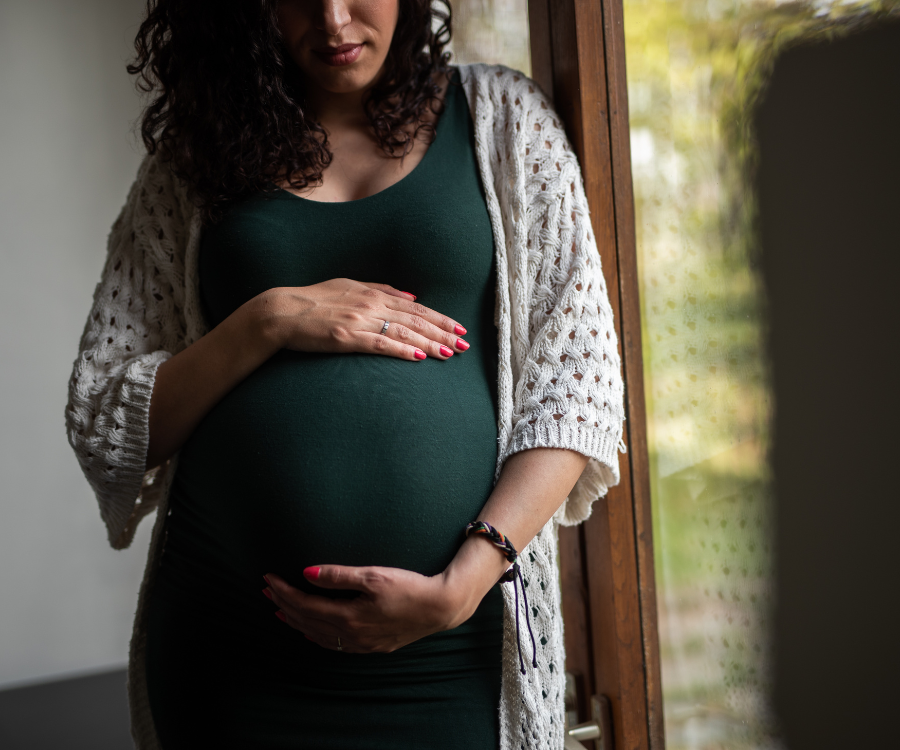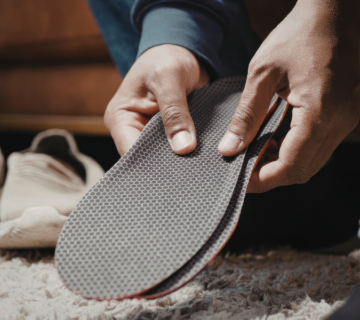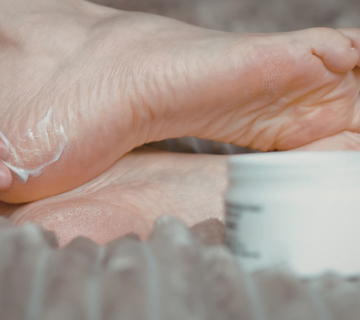Podiatry in Pregnancy: Managing Swollen or Aching Feet
Pregnancy is an incredible journey that brings with it many changes—both joyful and challenging. One of the most common complaints among expectant mothers is foot discomfort. Whether it’s swelling, aching arches, or persistent heel pain, these issues are more than just minor annoyances—they can affect your ability to walk, rest, and enjoy the journey to motherhood.
That’s where podiatry in pregnancy plays a vital role.
Why Do Feet Hurt More During Pregnancy?
During pregnancy, your body goes through significant hormonal and physical changes that directly impact your feet:
- Increased weight: As your baby grows, your body weight increases, placing more pressure on your feet—especially the arches and heels.
- Hormonal changes: A hormone called relaxin is released to prepare your body for childbirth. It also loosens ligaments throughout the body, including those in your feet, which can cause instability and flattening of the arches.
- Fluid retention: Many pregnant women experience swelling (edema), particularly in the feet and ankles. This happens due to increased blood volume and pressure on blood vessels.
Common Foot Problems During Pregnancy
- Swelling (Edema): Most noticeable at the end of the day or in warmer weather. Shoes may feel tighter, and walking can become uncomfortable.
- Flat Feet or Fallen Arches: Due to loosening ligaments and added weight, arches may collapse, leading to pain and fatigue.
- Heel Pain (Plantar Fasciitis): Extra strain on the heel can cause inflammation of the plantar fascia—the thick band of tissue under your foot.
- Cramping or Tired Legs: Circulatory changes may cause legs and feet to feel heavy, crampy, or restless.
How Can a Podiatrist Help?
A podiatrist is a healthcare professional who specializes in foot and lower limb health. During pregnancy, a podiatrist can:
- Assess your foot structure and how it may be changing
- Recommend proper footwear and supportive insoles
- Provide custom orthotics if needed
- Help manage swelling and circulation issues
- Offer stretches and gentle exercises to relieve discomfort
- Advise on safe foot care practices to prevent ingrown nails and fungal infections
At-Home Tips for Managing Swollen or Aching Feet
In addition to visiting a podiatrist, here are some self-care tips that can help:
- Elevate Your Feet: Whenever possible, raise your legs above heart level to improve circulation and reduce swelling.
- Wear Supportive Shoes: Choose low-heeled, cushioned shoes with good arch support. Avoid flip-flops or high heels.
- Stay Hydrated: Drinking water may actually help reduce water retention.
- Foot Soaks: Soaking your feet in lukewarm water with Epsom salts can soothe soreness and reduce swelling.
- Gentle Exercise: Activities like walking, swimming, and prenatal yoga can boost circulation and ease foot fatigue.
- Avoid Standing for Long Periods: If your job or lifestyle requires long periods of standing, take breaks to sit and elevate your feet.
When to See a Podiatrist
While many foot issues in pregnancy are common, you should see a podiatrist if you experience:
- Persistent or worsening pain
- Severe swelling in one foot or leg
- Numbness or tingling in the toes
- Changes in skin color or temperature in the feet
These could indicate more serious issues that need prompt attention.
Final Thoughts
Foot pain may be a common part of pregnancy, but it doesn’t have to be something you simply “put up with.” With the help of a podiatrist and a few supportive habits, you can reduce discomfort and keep your feet healthy throughout your pregnancy.
Your feet carry you through every stage of life—let’s give them the care they deserve, especially during pregnancy.





No comment